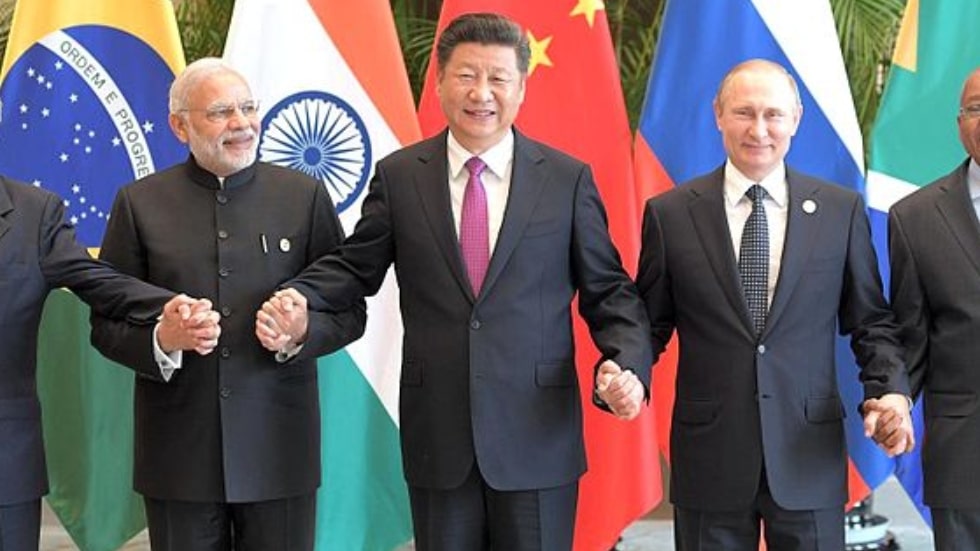The White House called on India and China to implement the G7’s price restrictions on Russian oil exports. Since the West started to curb energy exports from Moscow in response to the war in Ukraine, India and China have significantly increased their imports of Russian energy. On Tuesday, Moscow and Beijing signed a new agreement to trade oil in yuan and rubles.
US Deputy Treasury Secretary Wally Adeyemo said he hopes China and India will join the G7’s price cap on Russian oil. “Our hope is that countries like China and India will join the price cap coalition, or take advantage of the price cap coalition, to lower the amount of money” that Russia makes from oil exports,” the official said on Tuesday.
Last week, the G7 announced it would set a maximum price for which Russia could sell its oil. In order for the West’s plan to work, Moscow and other countries must comply. The Kremlin reacted sharply to the announcement by indefinitely closing the Nord Stream 1 pipeline, a move which sent European gas prices skyrocketing.
The price cap is the West’s latest move in a months-long economic war with Russia. In response to Moscow’s invasion of Ukraine, President Joe Biden said he would attempt to destroy the isolated economy. So far, the sanctions regime has largely backfired as Europeans suffer with gas prices at 10 times the average and the Russian economy has fared far better than expected.
Part of the Kremlin’s economic success has been finding a market for its oil in China and India. The Centre for Research on Energy and Clean Air reports that Russia exported about $158 billion in oil from February to August. While most of that was exported to Europe, the EU decreased its imports over that period. To make up for the declining European market, Moscow has exported more oil to Beijing and New Delhi, and has benefited from increasing energy prices. India has increased its oil exports to Europe, suggesting it is acting as a backdoor to avoid sanctions.
Analysts believe India and China are unlikely to implement the Western price caps. New Delhi and Beijing have been able to buy Russian oil at a discount since the start of the war, and the two nations will not want to risk their good deal with Moscow. The Kremlin says any company or state that institutes the G7’s price restrictions will be cut off from Russian energy exports.
Additionally, growing ties between Washington and Taipei have given Beijing and Moscow an incentive to deepen cooperation. Highlighted by House Speaker Nancy Pelosi’s visit to Taiwan in August, China believes America is moving closer to supporting Taiwanese independence. Beijing and Moscow are conducting joint war games along with signing oil contracts priced in yuan and rubles, signaling to the West they have abandoned their long-standing hostility.







